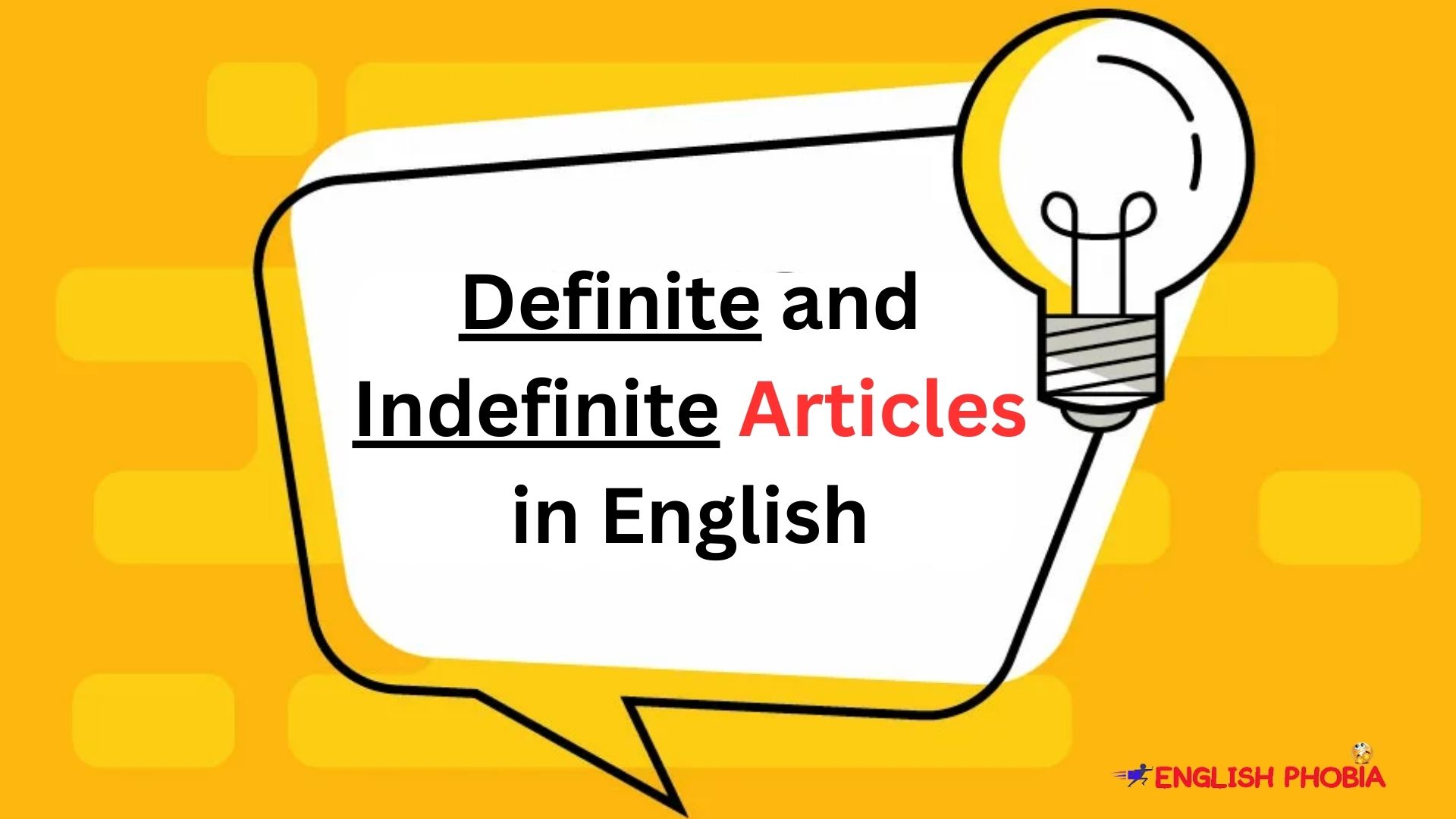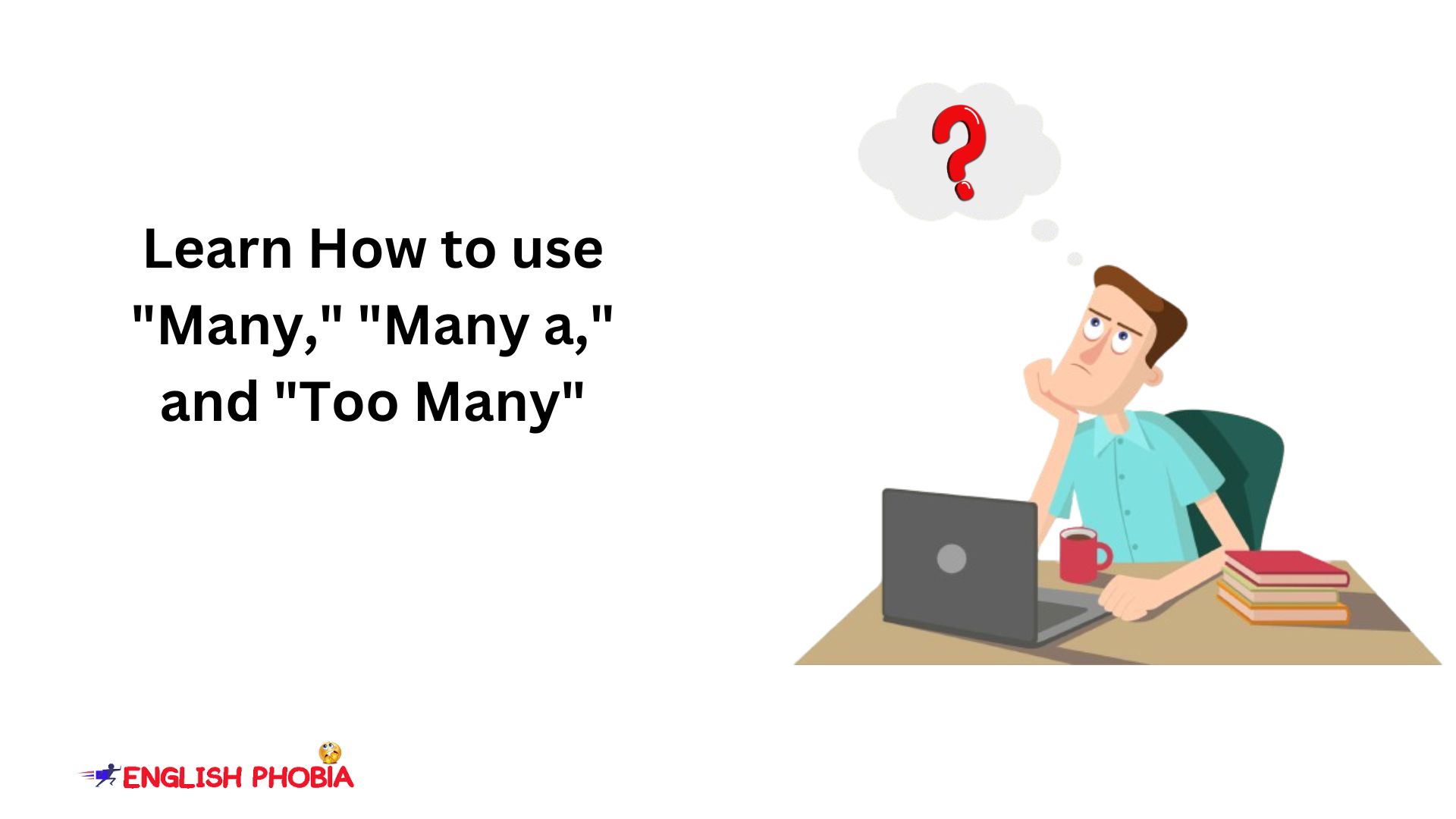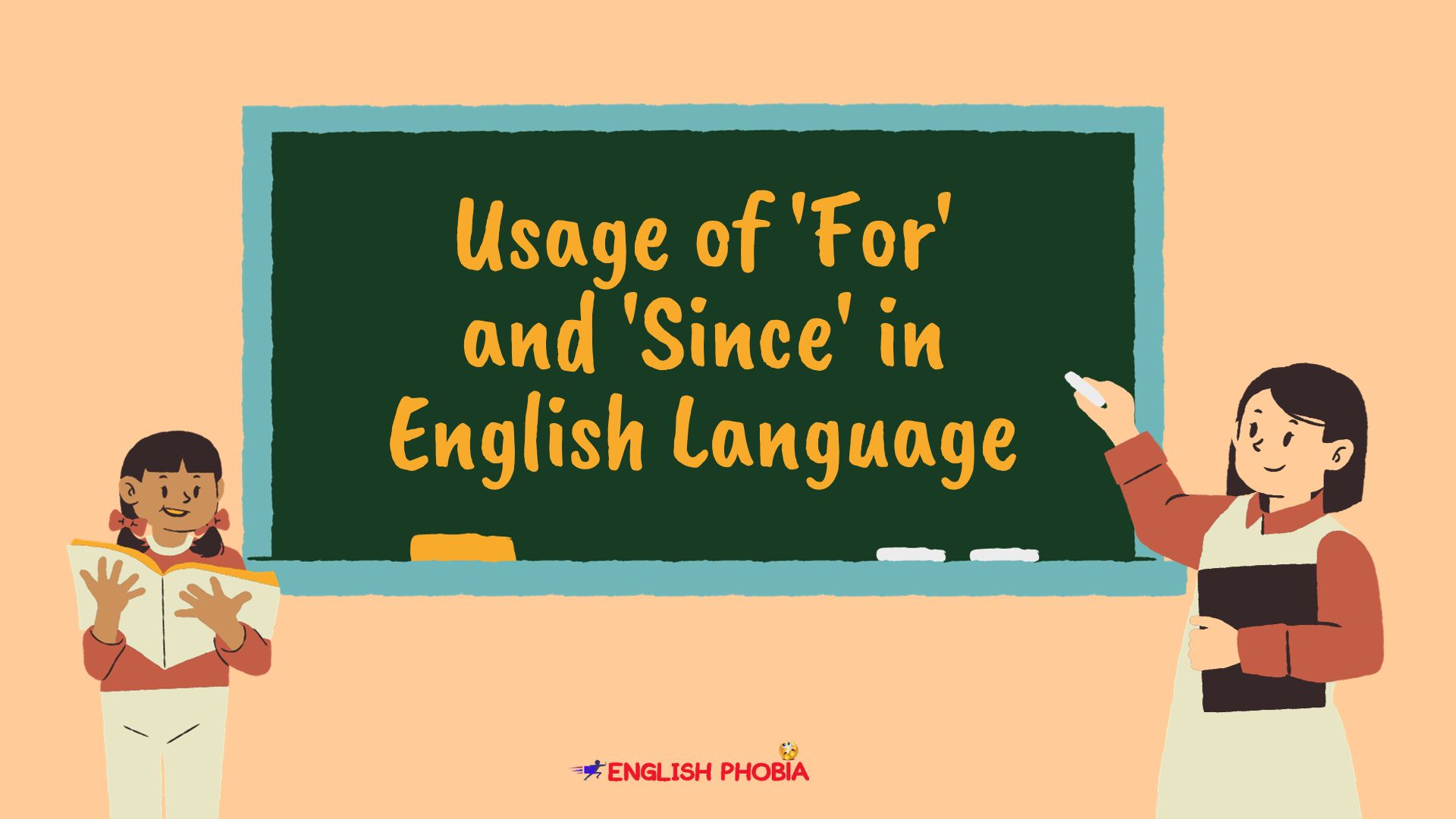Are you also confused with the use of articles? You want to speak grammatically correct English, but you often misuse articles. In this article, we are going to give you some tips for detailed information about definite and indefinite articles. You will get examples to support the rules.
1) The Indefinite Articles: “A” and “An”
The indefinite articles, “a” and “an,” are like doors to the world of nouns. They help us talk about things without being too specific. These articles don’t point to one thing. The choice between “a” and “an” dances on the phonetic nuances of the word that follows.
“A” guards the threshold of words that launch with a consonant sound, exemplified thus:
- a) I marveled at a sprawling metropolis.
- b) She relished a tantalizing feast.
In stark contrast, “an” paves the way for words commencing with a mellifluous vowel sound:
- a) He devoured an exquisite apple.
- b) She dwells in an opulent oasis.
This choice pivots on pronunciation, casting aside the shackles of spelling. Thus, “an hour” prevails, embracing the vowel sound of “hour” despite the deceptive consonant at the outset.
2) The Definite Article: “The”
The use of ‘The’ article is precise in English. It helps us talk about something specific. When we use “the,” we all know which thing we’re talking about. It’s like a spotlight on that one thing. This makes our communication clear and avoids any confusion. The versatility of “the” reveals itself in multifaceted and sophisticated applications:
Specific Nouns: “The” is essential when both the speaker and the listener know the item we are talking about. It brings clarity and avoids any confusion in our communication.
I identified the vehicle you mentioned.
The books in the bag belong to her.
Unique Nouns: “The” graces us with its presence when solitary instances of a specific entity reign supreme:
- a) The sun rises in the east.
- b) The President of the United States will deliver an official address.
Superlative Forms: “The” precedes superlative adjectives, signifying the pinnacle.
- a) She reigns as the tallest figure in the room.
- b) This dessert epitomizes the most exquisite confection I’ve ever tasted.
Ordinal Numbers: This is an adjective of number. “The” partners with ordinal numbers to delineate specific ranks within a sequence:
- a) He secured the first-place award.
- b) She ranks as the second arrival.
Enhancing Mastery of Article Usage
Though the rules appear straightforward, mastering them is an odyssey that unfolds over time. Strategies for fortifying your command of article usage include:
Context Is Paramount: Always consider the contextual tapestry in which you weave your words. The nature of the noun often reveals itself within the surrounding context. Pay close attention to the details, such as whether the noun has been mentioned before or if there are specific descriptors that make it unique. These cues from the context will guide you in choosing the appropriate article, ensuring your communication is precise and clear. So, remember, context is your guiding star when it comes to mastering the art of article usage in the English language.
Phonetics Prevail: Remember, the choice between “a” and “an” hinges on phonetics, not orthography. Fine-tune your ear to pronunciation subtleties.
Embrace the Exceptions: English relishes its exceptions. Some words may disguise themselves as consonants but reveal their vowel-like charms in sound. The hour is a quintessential example, where “an” takes the stage due to its phonetic identity.
Practice Makes Skill: As you journey through the world of literature, your understanding of when to use “a,” “an,” or “the” becomes sharper. This improvement happens with every word you write or speak. It’s a skill that develops over time and practice.
Seek Sagacious Feedback: Don’t hesitate to request guidance from skilled wordsmiths. Constructive feedback can be the key to honing your article acumen.
Consult Reference Guides: Explore trusted language books and guides. They can help you understand how to use articles.
Conclusion
Learning how to use definite and indefinite articles (a, an, and the) is very important in English. Articles are an unavoidable part of English grammar. It is a very basic thing but still makes a big difference. You should go through these rules one by one and practice to have them at your fingertips.











